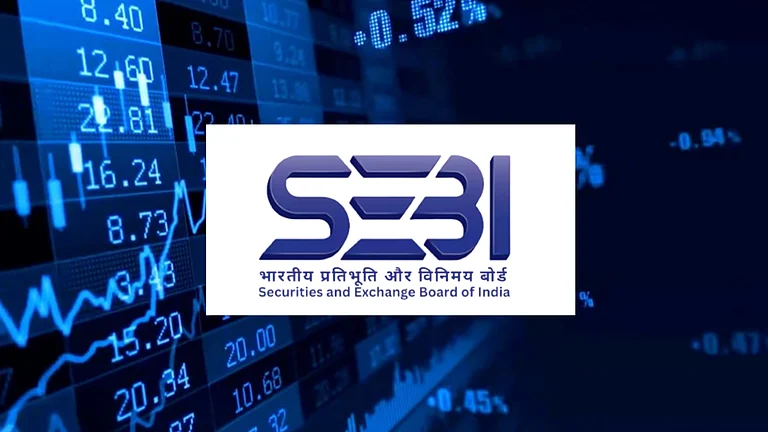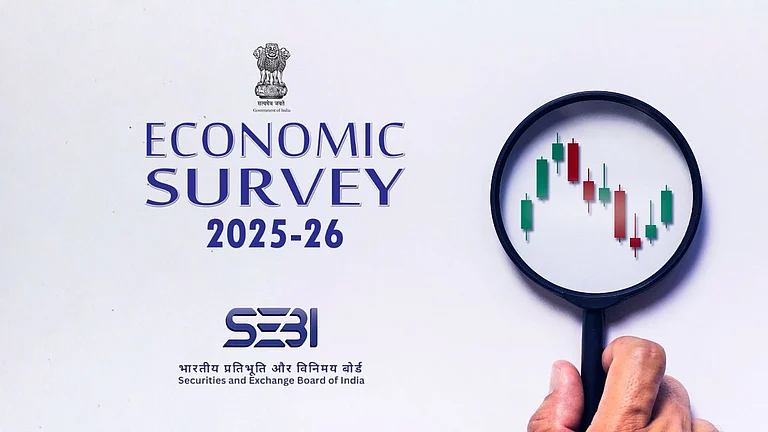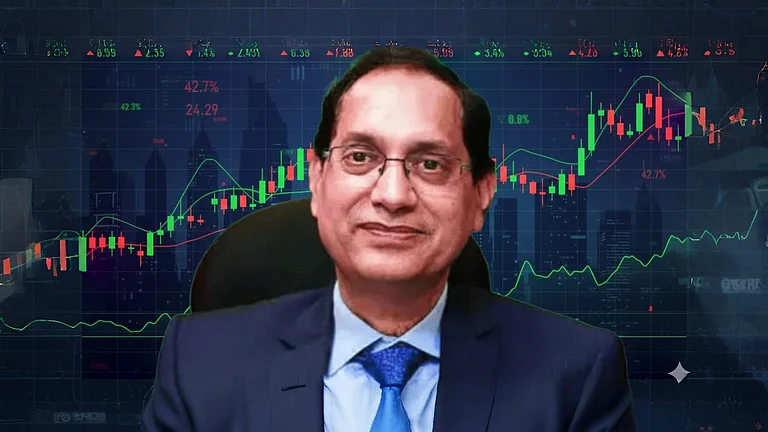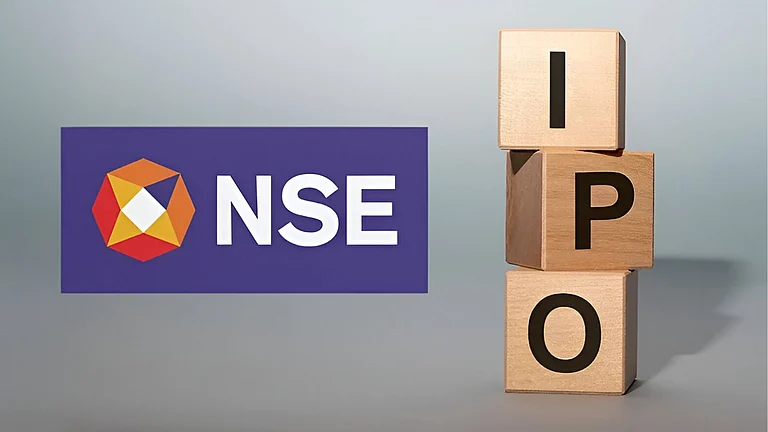
Summary of this article
Sebi chief Tuhin Kanta Pandey warned retail investors on speculative trading in derivatives. Pandey said F&O trading is designed for hedging and risk management, not quick gains. His comments come amid a rise in retail participation in derivatives trading.
Tuhin Kanta Pandey, the chairman of market regulator Securities and Exchange Board of India (Sebi), warned retail investors to be careful while trading in futures and options (F&O), saying many are losing money because they do not fully understand the risks. Speaking at World Investor Week 2025, the Sebi chief said F&O or derivatives are "designed for hedging and risk management, not quick gains, which may be illusory."
Pandey added that investors should make sure their trades match their financial goals and how much risk they can handle.
Why Retail Investors Are More Vulnerable To Scams, Frauds
His comments come amid a rise in retail participation in derivatives trading, most of which is motivated by the get-rich-quick mentality. Lack of proper knowledge also make retail investors vulnerable to scams and fraud in the market.
A Sebi study covering 90,000 households, released last week, shows India's investor base has now expanded to 134 million. Awareness of financial products has improved, the study showed, as 63 per cent of households know at least one type of securities product. However, only 9.5 per cent actually invest, and only 36 per cent have moderate or high knowledge about markets. Pandey warned that this gap makes investors vulnerable to fraud, fake trading apps, and influencers promising guaranteed returns.
The study also showed that many F&O traders are motivated by the idea of quick gains and short-term profits. "This coupled with lower level of knowledge among investors, indicates need for educating even those who are currently investing," the study noted.
What Sebi Is Doing To Protect Investors
The Sebi chief said the regulator is focusing on awareness, technology, and grievance redressal to protect investors. Sebi plans to reach more people through campaigns like 'Sebi vs Scam' and open offices in major cities.
The Sarthi app and Sebi website now have "spot a scam" features. Payments to Sebi-registered intermediaries show a green 'thumbs-up' icon to confirm they are genuine. The new 'SebiCheck' tool lets users verify bank accounts and IFSC codes of intermediaries.
Sebi has also introduced validated UPI handles to ensure payments go to verified intermediaries. Investors can use these handles and the SebiCheck tool to prevent cyber fraud.
In the past 18 months, Sebi flagged over 1 lakh misleading posts on social media, which were removed after discussions with companies like Google and Meta.
Pandey said Sebi can provide tools, but the ultimate shield for investors is to be smart through responsible investing.
He added, "A smart investor relies on credible, verified sources and ignores unsolicited offers on social media."
















